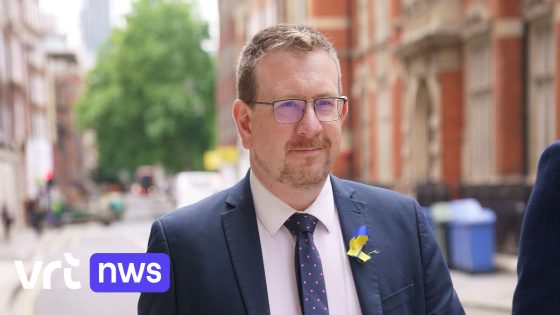On February 9, 2025, Andrew Gwynne, a junior health minister in the UK, was dismissed after offensive WhatsApp messages surfaced. These messages included shocking remarks about a 72-year-old woman and contained racist and sexist comments aimed at fellow parliamentarians. How can such behavior be tolerated in public office?
- Mail on Sunday reports on Gwynne's messages
- Gwynne wished death upon a 72-year-old woman
- Complaints about waste collection triggered remarks
- Messages included racist and sexist comments
- Parliament and council members targeted in remarks
Andrew Gwynne’s Dismissal Highlights Issues of Accountability in Public Office
What does this mean for political figures today? The dismissal of Andrew Gwynne serves as a stark reminder that inappropriate conduct cannot go unchecked. In an era where transparency is demanded from leaders, such behavior undermines public trust. Could this incident spark broader discussions on ethics in politics?
The Impact of Offensive Comments on Political Climate
The fallout from Gwynne’s messages could have significant implications for political discourse. Offensive remarks not only harm individuals but also contribute to a toxic environment that discourages open dialogue. As citizens demand better from their leaders, how will this shape future elections?
The Role of Social Media in Political Accountability
Social media platforms like WhatsApp are becoming crucial tools for communication among politicians. However, they can also expose damaging content that leads to swift consequences.
- Increased scrutiny on public officials’ private communications.
- The potential for social media to influence political careers.
- A growing expectation for transparency and accountability.
- The need for clear guidelines on acceptable conduct online.
Racism and Sexism: Ongoing Challenges in Politics
This incident highlights persistent issues related to racism and sexism within political spheres. As more cases come to light, there is an urgent call for reforms that promote inclusivity and respect among leaders.
- A push for diversity training within government bodies.
- The importance of creating safe spaces for marginalized voices.
- An emphasis on holding individuals accountable for discriminatory remarks.

































